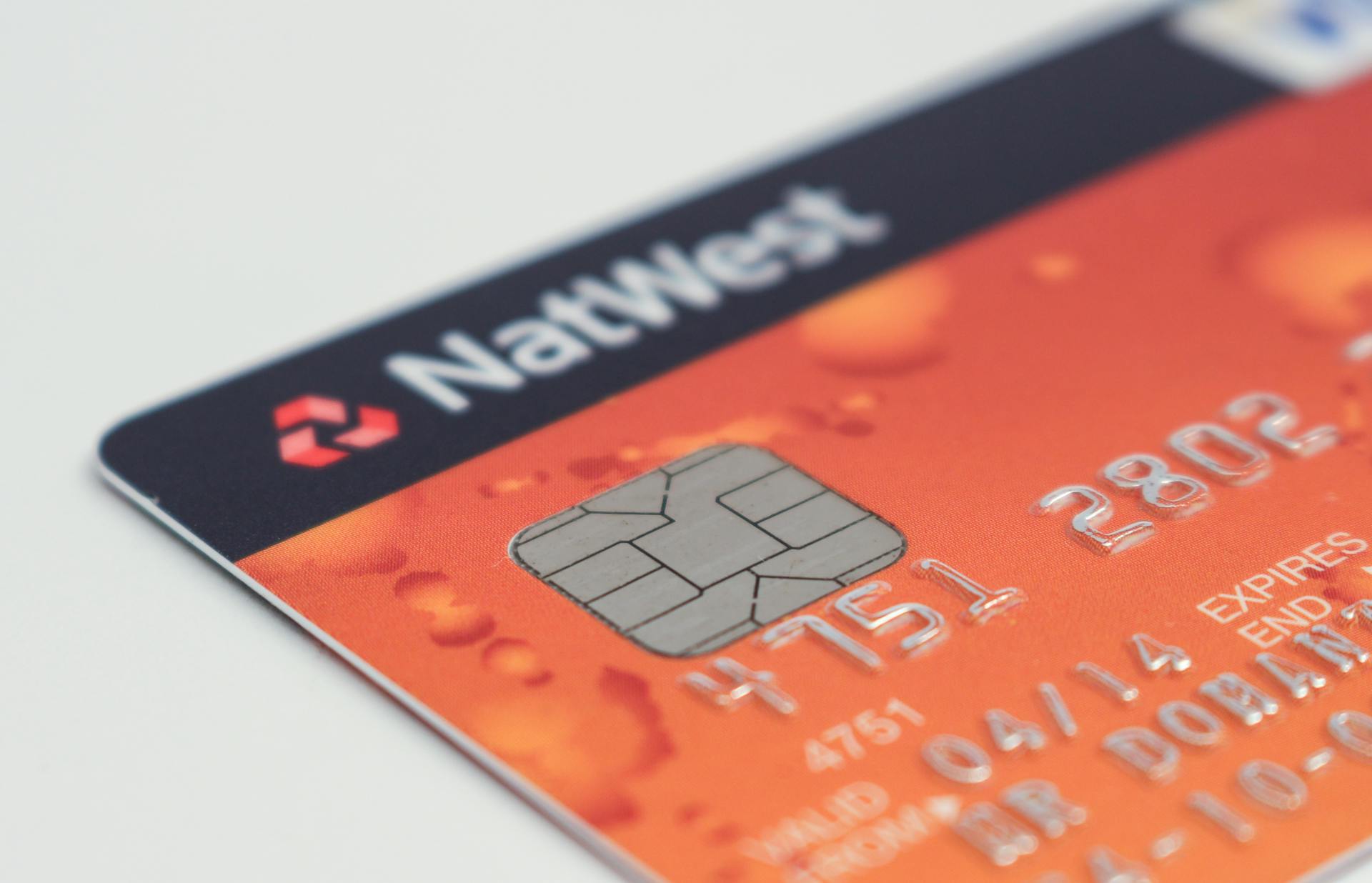
Credit card surcharging here's what you need to know. Over the past decade, the digital revolution has been driving businesses to accept payments in new ways. With American credit card users spending over $6 trillion annually, offering credit cards as a payment option has become a necessity for most merchants. However, accepting credit cards comes with a cost - it is the second-highest operating cost that businesses handle.
As card transaction volume continues to increase and rising costs of doing business eat into profits, some companies are considering surcharging customers who pay with credit cards. Accepting card payments can limit payment choices and forces customers paying higher prices than those who use cash or other payment options. But legacy no-surcharge laws, including California and Florida, and 46 other states have made it illegal for merchants to impose surcharges on their customers.
In December 2019, Oklahoma Attorney General Michael Hunter reversed his state's ban on surcharging, making it legal for businesses to pass on the cost of processing credit card payments to their customers. While surcharging is still a rare issue in many parts of the country, there is policy support for this change. The issue is supported by Senator Elizabeth Warren and the Cato Institute. In this article titled "Decoding Credit Card Surcharging - Simplified," we will explore everything you need to know about this controversial practice.
Recommended read: Receive Payments
Decoding Credit Card Surcharging - Simplified

Credit card surcharging has broad-based support from many businesses due to the clear economic benefits it offers. Surcharging simply entails adding a fee to each credit card transaction, allowing merchants to offset the costs of accepting credit cards. However, the assumption that surcharging assume can overlooks numerous requirements that must be met to implement this practice successfully. One of these requirements is addressing customer messaging, ensuring that customers understand why surcharges are being added.
Surcharges incorporate surcharges into the online checkout experience, invoicing tools reconcile deposits and handle cash application directly into your bank account. While including surcharges may seem like an easy solution, it's important to note that staggering compliance overhead raises when surcharging card brand rules change or evolving state law landscape regulate surcharging practices. In addition, creating complexity by implementing a minimum purchase credit card policy that is actively enforced can lead to legal issues as Riverside Cafe in Wichita-area restaurant paid 4 percent credit card surcharge in a settlement case filed against the credit card company in their home state.
If you plan to apply credit card surcharges, keep in mind that multiple states run different regulations regarding this practice. Large merchants with dedicated legal departments may have enough resources to navigate these complexities on their own, but most businesses will need a processing solution whose requirements remain manageable without large operational burdens.
Master Coding for Less Than $2 a Course with This Jam-Packed Bundle
Looking to master coding without breaking the bank? Look no further than this beginner-friendly coding bundle, which offers a wide range of courses for less than $2 each. With a focus on making coding understandable for beginners, this bundle covers all the basics and more, including web development, software engineering, programming languages, and more. So why wait? Start your coding journey today with this jam-packed bundle!
I Live on a Cruise Ship for Half of the Year. Look Inside My 336-Square-Foot Cabin with Wraparound Balcony.
If you're looking for a unique lifestyle, Christine Kesteloo might just be able to offer some inspiration. She spends half of her year on a cruise ship, living in a 336-square-foot cabin with a wraparound balcony. Her year life is split between being at sea and traveling around the world.
While the idea of living on a cruise ship might seem glamorous, it's not all sunshine and rainbows. Kesteloo has had to make adjustments to fit her belongings into such a small space, and she also has to deal with the occasional seasickness. However, despite the challenges, she wouldn't trade her cruise ship lifestyle for anything.
See what others are reading: Multi Year Guaranteed Annuities
Is it Wise to Use Credit Cards Despite Extra Fees?
Many people own rewards credit cards to earn points, miles, or cash back. The card surcharge could be an extra cost that they might not be willing to pay. TPG values these perks at around 2 cents apiece, and it's easy to see why the economics quickly make sense for those who use their credit cards wisely.
However, some individuals might think twice before swiping their credit cards when faced with a small surcharge. Convenience is also a factor as TPG reader Terri Austin told us about her experience at a local restaurant where the town decided to impose a small credit card fee without prior notice. Some customers weren't happy about this.
Despite the extra fees, using credit cards can still be advantageous for those who are mindful of including fraud protection, return protection, and other benefits that come with using this payment method. Additionally, individuals who have large stashes of points, miles or cash back from elevated credit card offers may find that paying taxes or meeting a bonus spend threshold is worth more than any small surcharge they may encounter. So while misplacing cash can be frustrating, owning a credit card still has its perks!
For more insights, see: Extra Money
Understanding the Guidelines for Applying Surcharges

Businesses have the ability to apply surcharge fees for credit card purchases, but they must follow specific guidelines. According to a 2013 court settlement, businesses can only charge a surcharge fee that does not exceed the actual cost of accepting credit card payments. The surcharge dollar amount should also vary based on the card type and network.
To apply a surcharge fee, businesses must provide notice to customers before any purchase is made. This notice can be displayed at the business's homepage or at the point of sale. The notice should clearly state the surcharge dollar amount and any additional requirements, such as Mastercard transactions requiring 30 days written notice.
Payment processors are responsible for initiating surcharges on behalf of businesses. Online transactions may also require additional steps to ensure compliance with regulations. By understanding these guidelines, businesses can successfully apply surcharges without risking legal action or alienating customers who prefer using credit or prepaid cards.
Curious to learn more? Check out: Brands Real Dollar
Discovering the Meaning Behind Credit Card Surcharges
When shopping or dining out, you may have noticed an extra charge on your bill when paying with a credit card. This is known as a surcharge fee, which is essentially an extra fee paid by the customer to cover the business's credit card processing fees surcharges. Businesses add this extra charge to the advertised price of goods or services to offset the cost of accepting credit card payments.
However, there are clear differences between surcharge fees and convenience fees or cash discounts. Convenience fees are charged for alternative payment methods such as online or phone payments, while cash discounts are given to customers who pay in cash instead of using a credit card. Understanding the meaning behind these different types of charges can help consumers make informed decisions about how they choose to pay for their purchases.
For more insights, see: Pay Taxes
Frequently Asked Questions
What is credit card surcharge?
A credit card surcharge is an extra fee that merchants add to the total cost of a transaction when a customer pays with a credit card rather than cash or check. This fee helps offset the costs that merchants incur for processing credit card payments.
What are the credit card brand rules for surcharging?
Credit card brands generally prohibit surcharging, but some states allow it with certain restrictions. It's important to check your state laws and consult with your payment processor before implementing surcharges on credit card transactions.
What are the downsides of credit card surcharges?
The downsides of credit card surcharges are that they can increase the cost of purchases, create confusion for consumers, and potentially lead to decreased loyalty towards businesses that implement them.
What is surcharge and why is it important?
A surcharge is an extra fee added to a transaction or service, typically used to cover additional costs incurred by the provider. It is important because it allows companies to remain profitable while also providing transparency in pricing for consumers.
Should you add a credit card surcharge to your business?
It depends on your state's laws and your business strategy. Some states allow surcharges, but it may also deter customers from making purchases. Consider the potential benefits and drawbacks before implementing a credit card surcharge.
Featured Images: pexels.com


